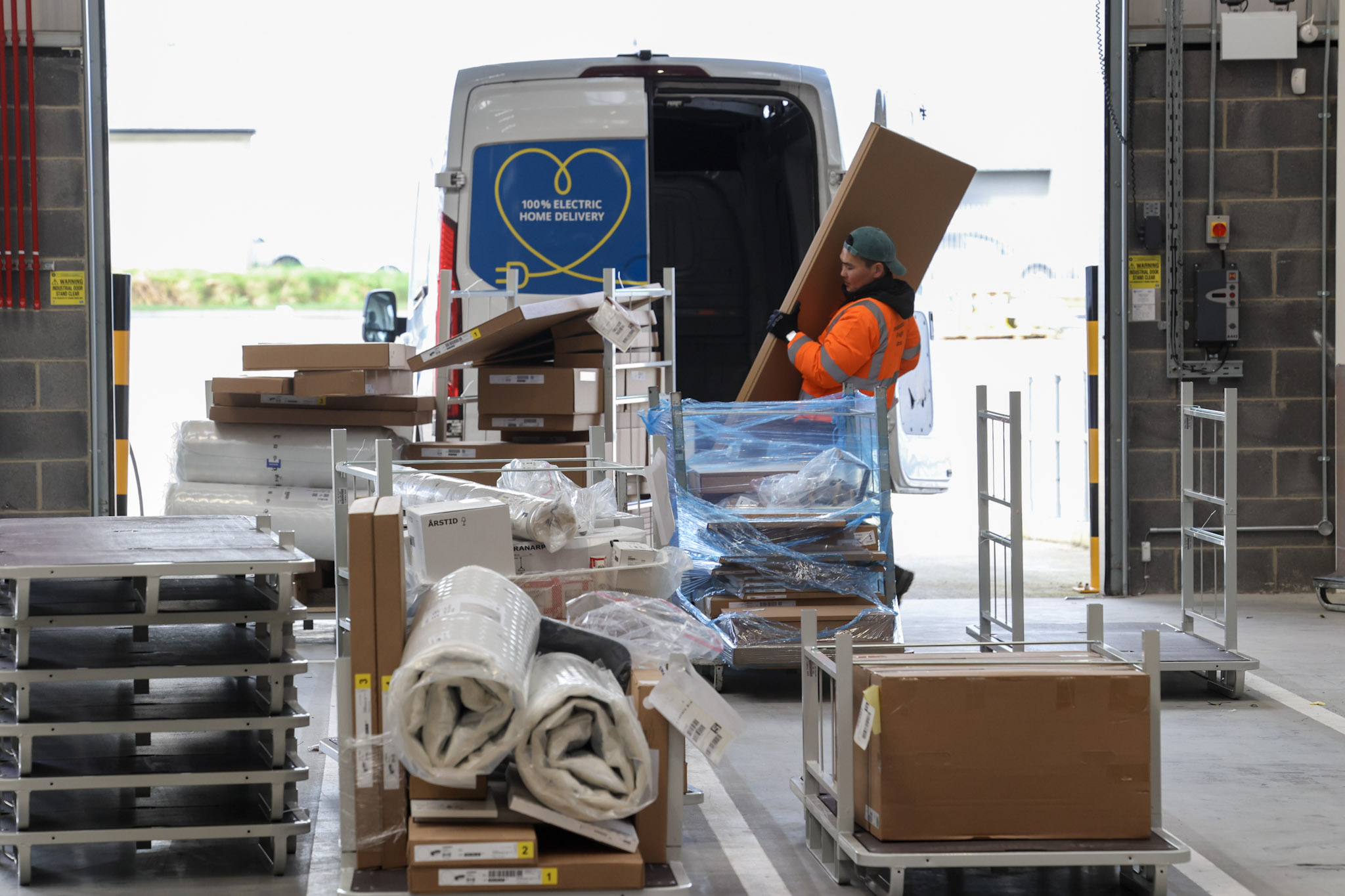The ongoing shift towards online shopping is hitting high street retailers who find they have more, and more expensive, stores than they need at a time when many more people now shop online. Today Mothercare became the latest UK retailer to look at a CVA (company voluntary agreement) as it restructures its store portfolio: it’s looking to close 50 of its 137 stores over the next year, and by 2020 aims to have a ’right size’ of 78.
The nursery equipment retailer aims to use the CVA structure for some of its subsidiaries as it looks to reduce its store numbers by at least 50 over the next year, while reducing rents for a further 71 stores. In its latest financial year, to March 24, Mothercare closed 17 stores. Currently, 78% of its store estate, or 98 stores, is in a new ’club’ format, while the average lease length is now 4.5 years. In opting for a CVA, Mothercare follows retailers including New Look, House of Fraser and Carpetright, all looking to right-size their stores as ecommerce grows, at the expense of stores.
Mothercare has seen “significantly” lower shopper numbers in its stores over its latest financial year; those shoppers are instead buying online – 43% of sales were ecommerce transactions during the year to March 24 – and in particular via mobile phones – 69% of online sales were via mobile devices. Mothercare has had a transformation plan in place since 2014 to make it a digital-first retailer but it said today that plan had not moved fast enough. “We believe that in the last few years our strategy has been broadly right – defining our place as a leading global brand and retailer for parents and young children – but our execution has been too slow and expensive and we need to move faster, be more efficient and improve our focus on cash generation and returns,” it said in a statement on its restructuring today.
The move comes after a period in which Mothercare has come close to reaching the limits of its financing, and today’s restructuring puts into place access to more funding, through shareholder loans worth up to £18m, an equity fundraising that will raise £28m and increased overdraft lending from its bankers. Its full-year financial results, out today, showed that group sales fell by 1.9% to £654.5m in the year to March 24. Total UK sales of £437.6m were down by 4.8% on last time. The retailer reported pre-tax losses of £72.8m, down from a profit of £7.1m a year earlier; UK pre-tax losses, after one-off costs, came in at £79.4m, 717% lower than last time.
As a result of the refinancing and restructuring, the business aims to speed up its transformation programme, which is set to be led by returning chief executive Mark Newton-Jones, previously of pureplay department store Shop Direct, subject to contract. Current chief executive David Wood becomes group managing director.
Clive Whiley, interim executive chairman, said: “These comprehensive measures provide a renewed and stable financial structure for the business and will drive a step change in Mothercare’s transformation. The potential for the Mothercare brand in the UK benefitting from a restructured store estate and internationally remains significant. However, there remains much to do and we put maintain a disciplined focus on cost control and cash generation throughout the business, but these measures provide a solid platform from which to reposition the group and begin to focus on growth, both in the UK and internationally.”
The retailer said it would also work with its international franchise partners as they come up against the same types of pressures, felt as customers move further online. Currently it has 1,131 international stores, and between 3% and 4% of sales take place online. “This will enable us over time to right size and strengthen our international operations with terms of trade that incentivise us both to support sustainable growth and brand strength, improved direct and online operations in their markets and globally, and improve the cash generation and profitability of our international stores,” it said in today’s statement around the restructuring.
Mothercare’s full-year results gave insights into its multichannel and transformation strategy. Here are the highlights.
A digital-first business
Online sales grew by 1.2% during the year to account for 43% of all sales, up from 41% a year earlier. Sales via iPads in stores contributed 39.3% of online sales. That’s down by 0.9% from the previous year, better than expected given falling store footfall.
Mobile accounted for 86% of online traffic and for 69% of online sales. Online conversion improved to 1.86% from 1.79% a year earlier. Almost a quarter (24%) of online sales were collected in stores.
The Customer
Mothercare is refocusing on the core markets spanning maternity and newborn babies through to pre-shool age. During the year, 30,000 of its customers took up its in-store baby scanning.
Operations and logistics
Mothercare has consolidated its warehousing over the year, enabling it to fulfil online and store orders from one site. Transport costs have reduced as a result.
At home
UK like-for-like sales fell by 1.3% as footfall reduced; online sales grew by 1.2%, and 17 store closures meant overall UK sales fell by 4.8% in total.
International
The retailer is now trading in 23 countries via 32 online channels. International online sales grew by 27.2% over the year. Between 3% and 4% of international sales take place online, although in more established markets such as Russia and China, that figure rises to above 10%. Mothercare has introduced tablets for in-store ordering to Ireland and China.
Image: courtesy of Mothercare









